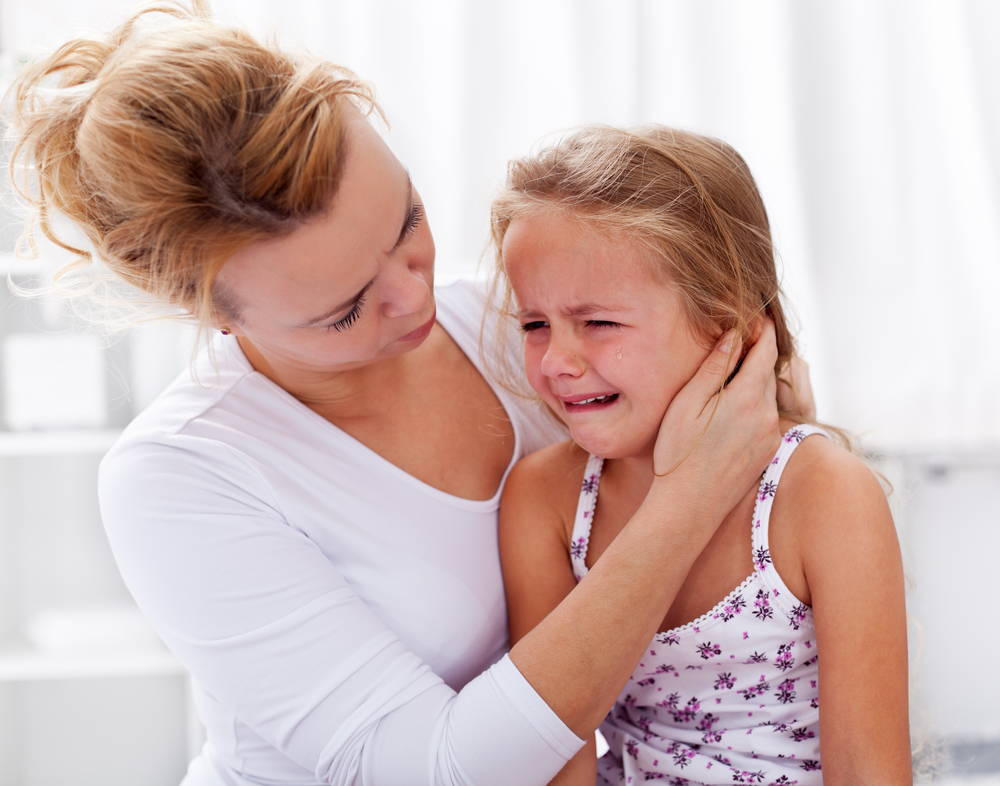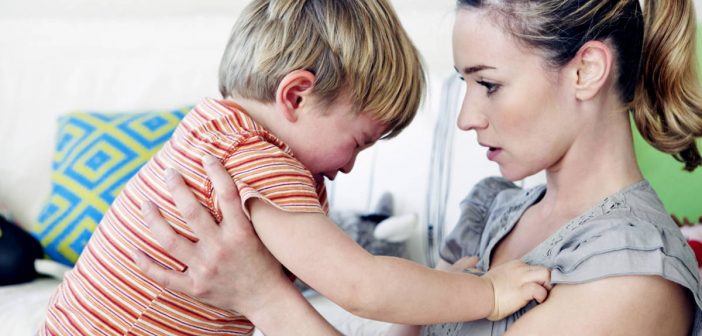Anger is a feeling we all go through on regular basis. After a while there comes a point when we learn to control our feelings and calm ourselves down. But things are a little different with children. They get angry often but rarely they know how to control it. As a result, they make a mess that no parent is proud of. So, it is very important to teach children to control their anger issues at the cost of minimum emotional and behavioural damage.
The process requires both the parent and child to work together and needs a great deal of patience and persistence. The age and ability of your child will determine how long she / he will take to learn to control and become the master of her / his feelings. For starters, here are the seven easiest ways to get started.
Be a role model: For most of the things children do, their parents’ behaviour and actions can be directly associated with them. For example, if a child sees a parent getting angry easily or all the time, she / he would assume that it is natural to be angry. If you showcase your anger quite often, her / his assumption would turn real and she / he would develop anger issues rather easily. So even if you find it difficult to control your anger, it is always better to not let it out when your child is around.
Start young: Children develop anger issues over a period of mental and physical growth. The sooner you are able to tame their aggression, the better they are to manage later. When your child is young, say in kindergarten, teach her / him the emotional skills needed to calm herself / himself down when feeling angry. Tell her / him that it is not ok to hurt people or property just because you are not feeling good from the inside. The sooner they understand these things the easier it will become for them to get along with others without showcasing any anger issues.
Look beyond anger: When your child gets angry it’s normal for you to get upset about it. But what you should not do is judge and put blame on her / him too quickly. Always look beyond their anger to find out the reason behind it. Did your child have a bad day at school? Did she / he get into a brawl? Did she / he lose a toy or get bullied? Did she / he score low marks? So many things can trigger your child’s anger. So rather than yelling back at your child what you need to do is look for that trigger to be able to provide a solution. Talk to her / him about what upsets her / him. Make her / him realise that you care for her / him and is there to help.
De-escalate immediately: When your child gets angry you are still the one who is in control and can think. So the job to calm your child down automatically becomes yours. Try to take her / his attention away from whatever is bothering her / him. Deviate her / his mind onto something more jovial or something that can contain her / him for a while. Remember that anger is a state of mind and the more your child thinks about what angers her / him the more time she / he is going to spend angry. So, get your mind at work here and try to de-escalate as soon as you can.
 Don’t push them away: One mistake parents make when the child gets angry is that they get tired of the situation and push her / him away to get calm on her / his own. It makes the child angrier as she / he has no one to help or listen. Children need your love and support even when they are angry or feeling bad. Pushing them away will not solve anything and make them feel neglected or unwanted. This, rather than suppressing their anger, will result in making them angrier as they won’t be able to control their feeling alone. So always stay by your child’s side. Together you can develop self-control techniques that will help your child calm herself / himself down.
Don’t push them away: One mistake parents make when the child gets angry is that they get tired of the situation and push her / him away to get calm on her / his own. It makes the child angrier as she / he has no one to help or listen. Children need your love and support even when they are angry or feeling bad. Pushing them away will not solve anything and make them feel neglected or unwanted. This, rather than suppressing their anger, will result in making them angrier as they won’t be able to control their feeling alone. So always stay by your child’s side. Together you can develop self-control techniques that will help your child calm herself / himself down.
Let them take charge: Your child needs your support to control her / his feelings and calm down. Though you are there to help your child, it is always better to let her / him take charge of the situation. This will give her / him the confidence needed to handle a situation like this and also give her / him a true realization of her / his inner strengths. So, the next time she / he gets angry and you are not around, she / he will be able to manage things on her / his own.
Set limits: Anger makes children forget their behavioural patterns and they do whatever they can to let it get out of their system. So, they either misbehave with people or break things that they get access to. Sometimes they even hurt themselves. Tell your child that while it is ok to get angry, breaking things and hurting people is not accepted. Set limits to curb their anger. They can include not misbehaving with others, not hurting themselves, not breaking stuff, not becoming a recluse, or anything else that you think is appropriate.
Getting angry is very normal for growing-up children. In their day-to-day life, at home or school, so many things happen to them. sometimes they are able to contain themselves, sometimes they are not. Getting angry is not the sign of weakness at all. It just goes to show that your child is being exposed to things she / he is not used to handle. But with your support she / he can stand up on her / his own and learn to manage her / his anger. Just make sure to do whatever you can before things get ugly.







